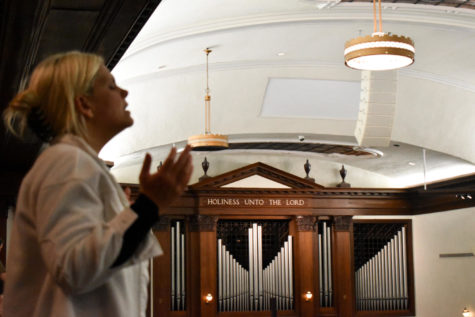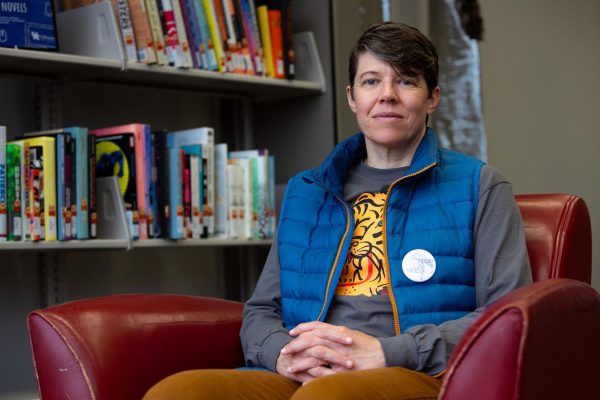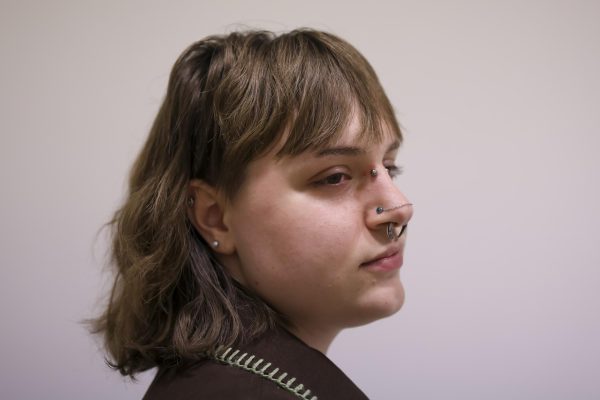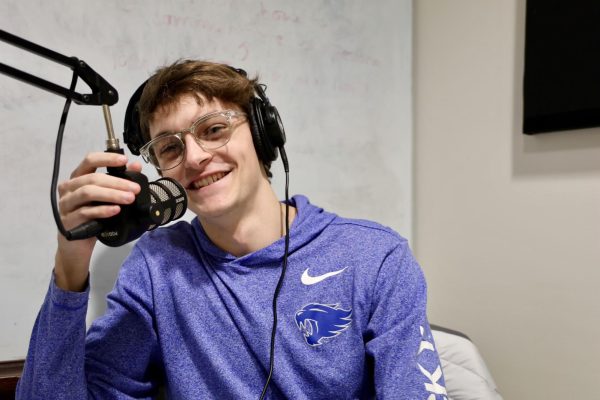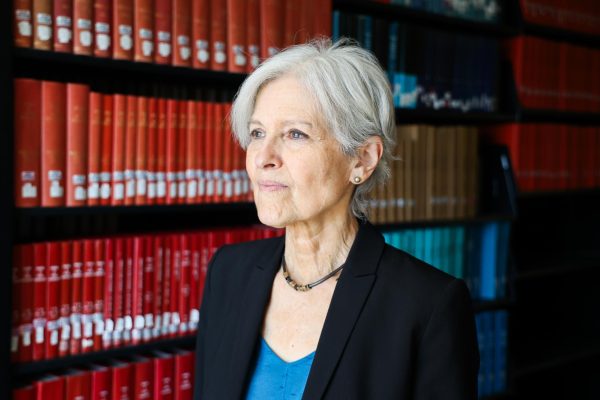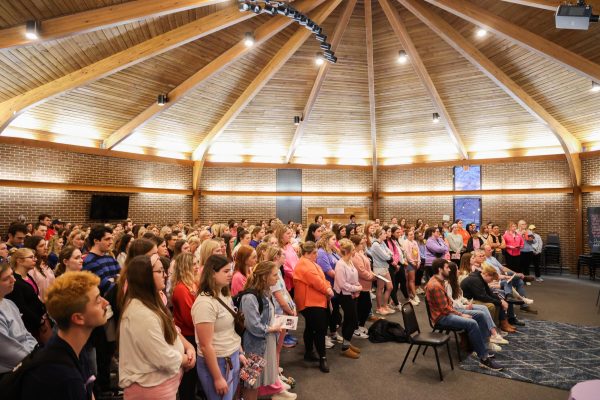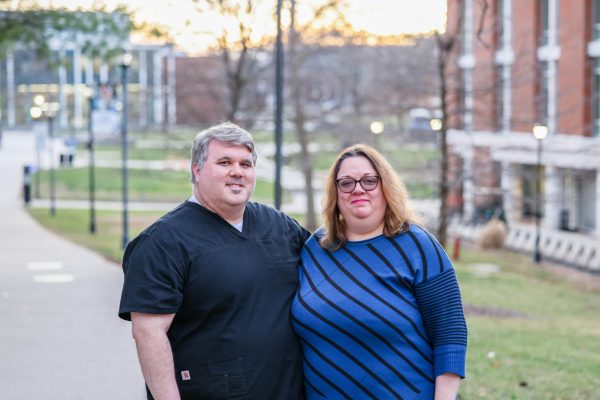Program gives theatre majors creative opportunities
March 9, 2016
Normally, the students involved in the UK Department of Theatre are on-stage acting or backstage working on a production that has already been written. With the Studio Season, however, students have the opportunity to write, produce and direct their own and peers’ work.
This Studio Season, there are a total of eight productions or one every weekend there is not a mainstage show. According to faculty director Herman Farrell III, the Studio Season is open to theatre majors who have had experience in play writing or directing, including taking a class in the department. In addition to an opportunity for playwrights, the performances are also a great chance for student actors.
“The students do everything; I just schedule it,” Farrell said. “It’s an opportunity, especially for students who haven’t been in a lot of mainstage productions because faculty members often attend.”
For students like theatre senior Rob Miller, the Studio Season has several benefits.
“I think the studio season is important because it provides opportunities for students to collaborate and put up their own work, and continue working outside of the mainstage season,” Miller said. “The studio season has allowed me to have many more opportunities to practice my craft, and has also allowed me to explore things other than acting, like writing and directing.”
Studio Season shows are free and open to the public and are often performed in the Black Box Theatre in the Fine Arts Building. This year, however, some of the senior members have been given the opportunity to perform at the Briggs Theatre. In the coming years, Farrell said he hopes to program continues to grow, especially with the addition of a new performance space in Limestone Park I next fall.
“With more spaces, we hope the program continues to provide students the opportunity to perform their own work,” he said. “It’s really all up to the students — they get their own cast and director, lighting and sound, and they are in charge of getting an audience.”
This year, the Studio Season added a new component — a constitution. For theatre and English junior Abby Schroering, president of the Studio Season Board, the constitution is an important addition to the Studio Season.
“Its main role is a way to distribute information and give solid guidelines about using the space and respecting one another,” Schroering said. “We mostly operate on a system of mutual respect, but in the case of an extenuating circumstance, it’s nice to have some written rules to fall back on.”
With the establishment of the Studio Season Board, a group audition has also been added. The group audition takes place in the fall once the Studio Season schedule has been set, and directors and playwrights choose their casts then. According to Shroering, this demonstrates a core value of the Studio Season—giving all students a voice and a fair chance.
“It’s extremely democratic,” Shroering said. “It gives people a chance who don’t act in mainstage shows to perform for peers and faculty members.”










































































































































